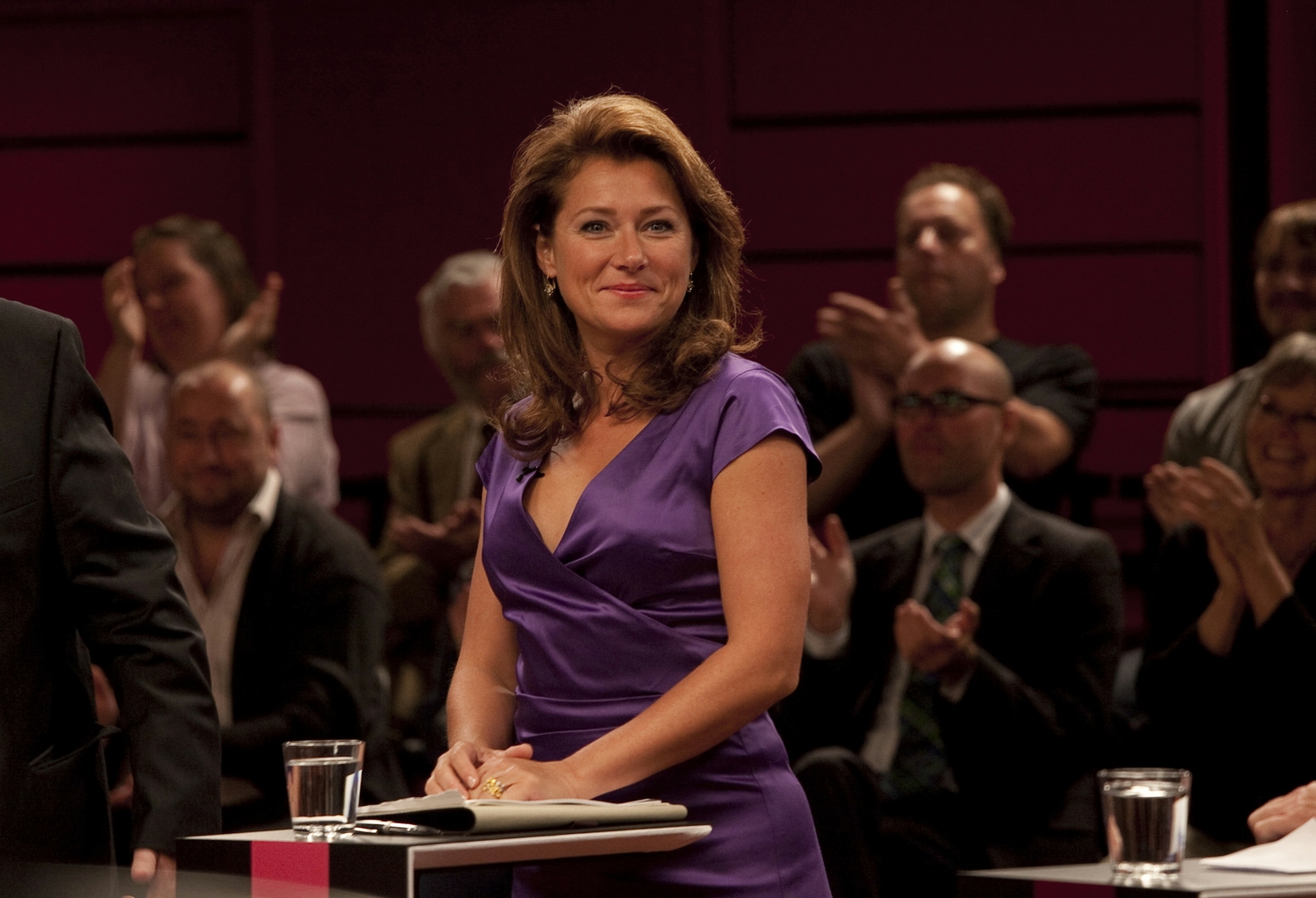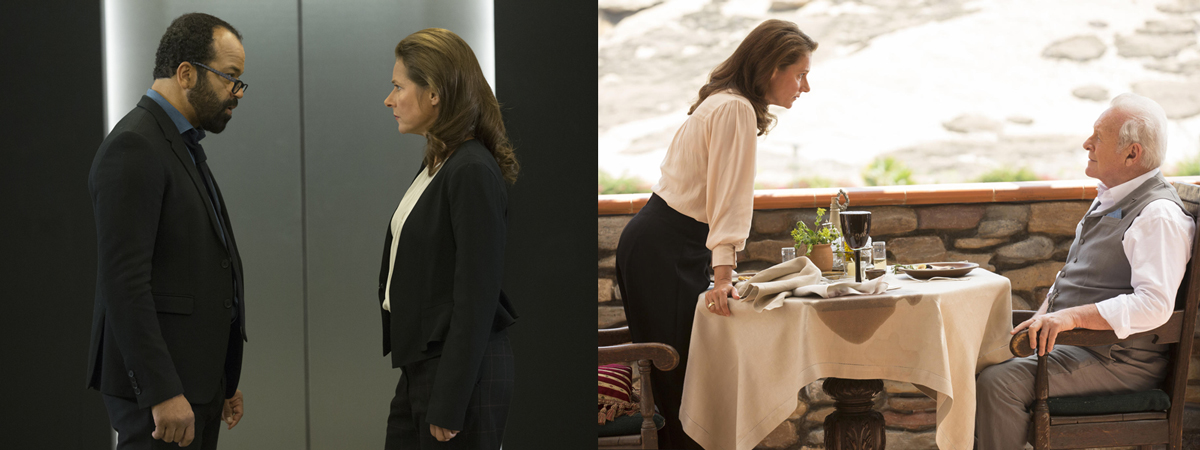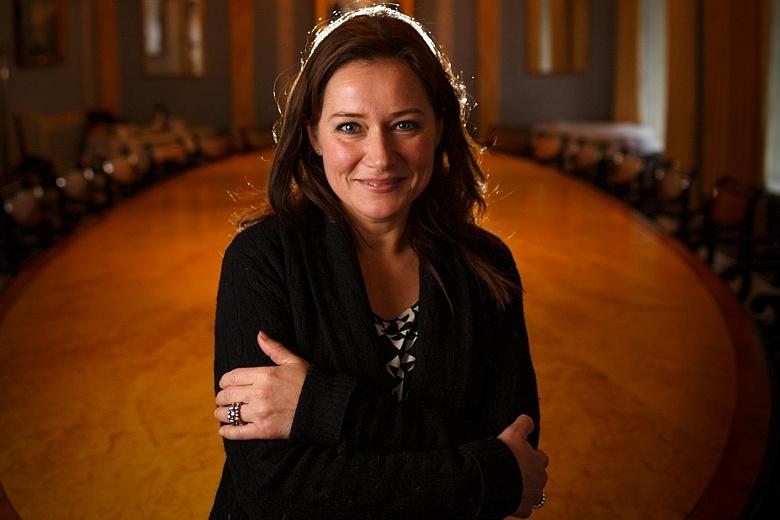We Tell Stories that Reinforce Power: God, Royalty, and Professionals in Popular Culture

The stories in our culture reinforce the power structure of society. And western culture has become so globally dominant that it’s big enough to contain any story of rebellion against authority (emphasis on contain) without itself being threatened. Anyone want to buy an Occupy T-shirt? Even protest can be commercialized. True story: I met someone starting college with a desire to work in forensics and asked why and they said their favorite TV show had been CSI: Crime Scene Investigation. And that became their path to the professional class. That investment of time, money, and work will reinforce a certain kind of power structure. And so what? What modern culture has a different class structure? They might be speaking a different language, but do they support a different use of power?
Watching Westworld, it didn’t take long before I started thinking about how stories told within a culture will tend to promote the values of the ruling class, maintaining power. The way people rode into the theme park from the outside and engaged in killing people, raping women, I thought of a soldier’s journey to the battlefield. The show uses violence as shock, titillation, and entertainment, but the effect of it is to reinforce the necessary values for a military culture. Harming people is sometimes necessary, it isn’t really bad, actually it can be fun. I felt the killing, depicting people’s desire to kill and do what is prohibited in normal life, was transformed into behavior that has no moral consequences.
Once in a while, over the past months I’ve seen a tweet after an episode and so I think, me too, I’m going to see that—we are immersed in our culture and participating, wanting to participate. I’m watching the show and it’s well-made and interesting enough to make it compulsively watchable. It may be the mystery set up, some forward momentum in the story that keeps me engaged. Though I think in the *future* a show like this, people’ll look back on it like we do the original movie: entertainment that has purchase in the collective memory as something fun, but that is ultimately recognized to be pretty corny.

In 2005 my housemate said you notice shows tend to feature professional class people like doctors and cops? ER, Scrubs, CSI, Cops, Hill Street Blues, and government employees too, even something like X-Files. That stuck with me—yes, working class people are represented in TV shows but somehow it’s along the lines of Roseanne or Taxi, rather than an aspirational picture of desire and respect.
My housemate’s comment about the representation of professionals on TV was the first time anyone put it in words for me, but the first stories to capture my attention also fit the description. This may seem ridiculous, but Star Wars, way back in 1977, I saw a prince (related by blood to a lord) rescue a princess and defeat the enemy using espionage and military strategy—oh, wait, it was the Force that made that explosive ending, so we’ll have to figure religion into the story of power. In Star Wars on Trial, David Brin pulls at storylines in the space opera connected to a medieval tapestry of power—not pretty from the perspective of peasants who have to accept the truth as delivered by their Lord. (And I am partial to Reza Aslan’s take on the life of Jesus being reconstructed in narrative to buttress a bureaucratic power structure.)
In the long history of human storytelling many of the first recorded and passed along are the king lists, the heroic epics—and with the creation of the printing press and the novel: the medieval romance, chivalric knights and stories of returning conquerors from the New World—which Cervantes spoofs. And the history plays of Shakespeare memorably recount the life of royalty—western civilization isn’t going to forget those dramas anytime soon—to be recreated over and over again. What I’m saying isn’t new, this analysis has long ago been given a name: cultural hegemony.
It’s no secret that the military has story advisors in Hollywood, or that the CIA made a cold war weapon of American culture by funding literary journals and promoting 50s-era abstract expressionism. But that’s practically academic, let’s get back to television. Another show that I loved as a kid, Batman. The superhero is useful for asking how stories reinforce our perception of power when the ultimate empowerment of the hero comes from Wayne Enterprises, his inherited conglomerate. The sixties television show is corny and so it’s easy to overlook what we’re seeing in the masked detective as anything like crime fiction. Law enforcement. But without his relationship to the police commissioner, Batman is kinda crazy. His behavior is redeemed through his relationship with the law. The police commissioner. And when it comes to law enforcement, a cop is like a bureaucrat with a gun, enforcing policy that sustains the social structure.
The belief that people are inherently bad and we have to maintain structures to protect ourselves from them has proved useful—again taking belief back to the Bible and somewhere in a church sometime in the past twenty hundred years, people are told they’re born sinners and have to accept their Savior, basically accept the powers that be—that serves to justify punishment and expulsion, and more recently, overbuilding the carceral state. It could be a runaway slave, it could be a black kid convicted of selling dope, the difference is history when they’re facing years of unpaid labor with no chance of escape.
What would popular TV drama be like in a culture that believes people are inherently good, and that they can be supported to improve themselves and contribute to society, that society can make progress, it can be modern, it doesn’t have to refer to the strictures of class or a belief in divine power for legitimacy? We’ll get there. It’s not all bad. Power isn’t bad. This is to ask how power is being depicted in our culture and to what end.
We tend to see the depiction of police work as detection, arrest, and punishment of aberrant—usually poor, drug crazed, insane, or terrorist—criminals rather than nightly dramas about investigators who take down white collar criminals—cracking the morality of neoliberal economics and corporatism to correct the structural conditions that create extreme poverty. After all, these shows are corporate media. It’s not all Circus Maximus—I respect the hard work that goes into narrative entertainment; I’m watching, but what I’m seeing is another thing. Probably no one sees the same show because we all bring different values to it. Sure, someone thinks killing people is necessary to secure their interests. Violence, dominance, and extraction—rather than cooperation and regeneration—and anyway, doesn’t drama require conflict? Maybe collaboration is not entertainment, and we need Machiavelli and murder to have fun in fantasy. Okay, have death and destruction, but seriously consider the purpose it serves beyond attracting attention and amusing people. What are they fighting for?
Considering all of the shows available to modern audiences we’ll find some counterculture representations that actively challenge a corrupt statist power. Maybe Mr. Robot, or is that Jekyll and Hyde cum Fight Club thing just letting us know that you have to be crazy to resist? Though it might be said at the end of seven seasons that Mad Men shows something of women’s empowerment in the seventies, power for Peggy and Joan is achieved in a professional career selling corporate brands. And American political dramas that caricature the abuse of power, House of Cards, and The Man in the High Castle, exist as relevant and meaningful in the presence of actual corruption in our society.

The way gender, ethnicity, and sexual identity are portrayed in popular culture can influence what people perceive as normal. How the roles of women are seen onscreen could reinforce expectations of oppression or empowerment. It’s possible that representations of a society that works for all people is only possible within that society—and Americans will be reading subtitles. The jaunty walk of Sidse Babett Knudsen is the same in Westworld and Borgen, but in the Danish TV series she plays the Prime Minister of a social democracy. The show still serves to support the values of the ruling class, and in the case of the Danish government this isn’t offensive, with all citizens granted K-PhD education, health care, parental leave, sick pay, and so on. If Americans had any chance of collectively purchasing the benefits the Danes do they might even think it worthwhile to read those subtitles, but would it ever be remade for an American audience? In our culture, a social democracy is worse than make believe, it’s actively demonized. The show is produced by Danish Broadcasting Company (DR), funded primarily by means of its broadcast receiver license paid by the public.
"DR is a dedicated public service broadcaster, funded by a licence fee costing about £250 a year. Its annual income is an eighth of the BBC's, and slender resources of about £20m a year for drama mean the emphasis is on picking winners. Over the past 20 years, executives, producers and writers have refined that art to develop the classiest, most efficient drama factory in world television.
"The rules are straightforward. Commissioners insist on original drama dealing with issues in contemporary society: no remakes, no adaptations. The main requirement is material for the popular 8pm slot on Sundays. Writers have the final say. Hammerich said: "We give them a lot of space and time to develop their story. The vision of the writer is the centre of attention, we call it 'one vision'—meaning everyone works towards fulfilling this one vision, and very few executives are in a position to make final decisions. I believe this is part of the success." — Borgen: Inside Danish TV's thriller factory
When I watched Westworld, the actress, Sidse (pronounced sih-suh) Babett Knudsen, who plays the boss from corporate sent to get a copy of the park’s data into external storage, I kept thinking of her role as the Danish Prime Minister in Borgen. It’s hard not to after having watched all three seasons, it’s a good show, also about power dynamics: Borgen translates as the castle. At least the ruling class in Borgen has created greater equality, social cohesion, trust, and yes, happiness. What about that? A foundational belief that people, your very neighbors and blood relatives, are inherently good people.
Paying $40,000 a day to experience Westworld, a condition for the existence of this technocracy is extreme distortion of the distribution of resources in society: Live Without Limits. That’s the slogan. More explicitly it’s live without empathy or concern for other people. It’s okay to use violence if you’re wealthy. The administrators overlooking the three-dimensional map of the park, implementing storylines, evoke scenes in other movies with generals and their maps, a theater of war. Although the soldiers are androids, the numerous shots of their dead naked bodies gets the point across: these people are expendable.
In Westworld I can sympathize with Maeve and Dolores, the androids seeking a way out. Sadly, if they emerge from the park, the dystopian confines of the society that made their theme park possible will be inescapable.